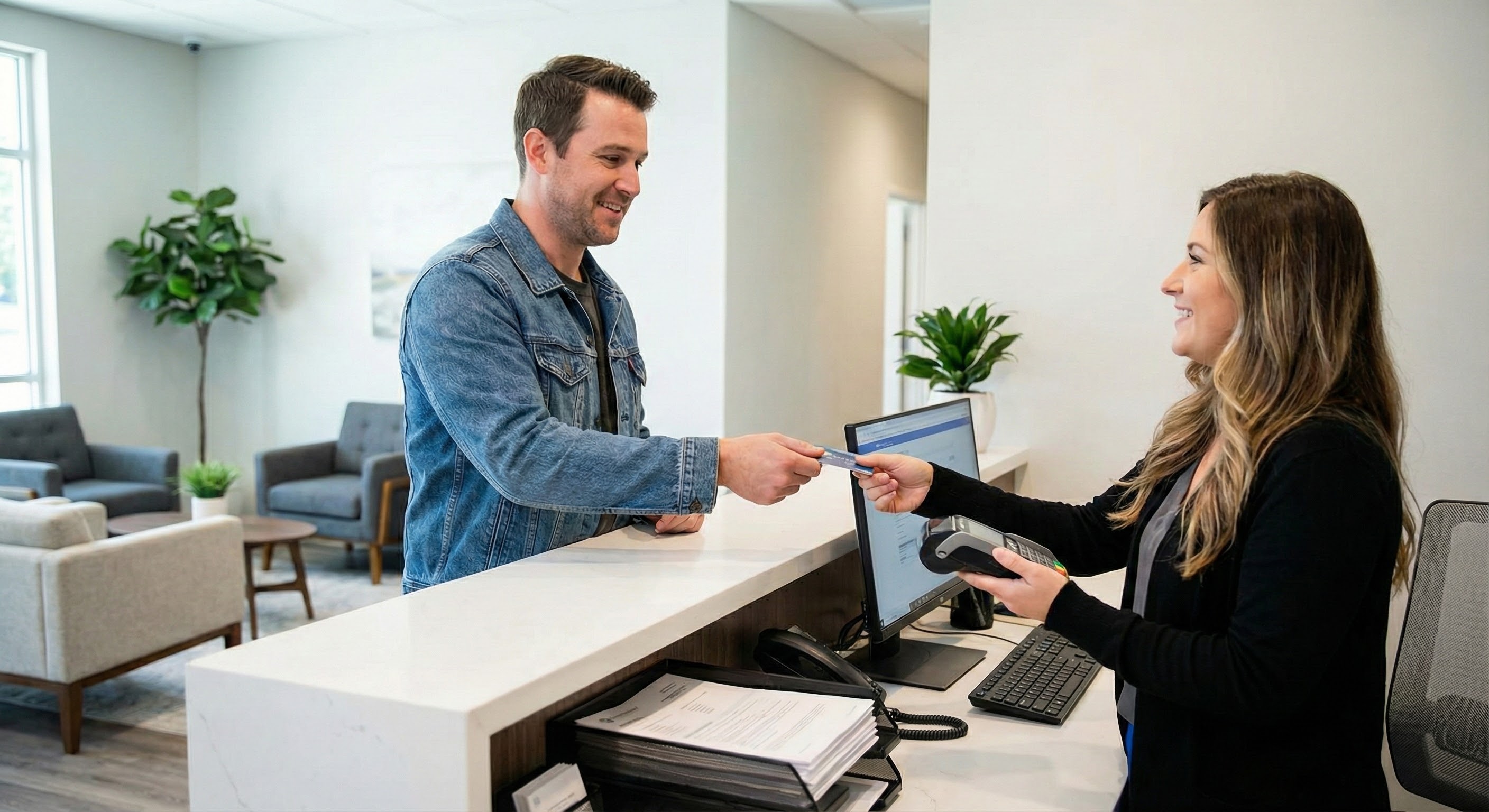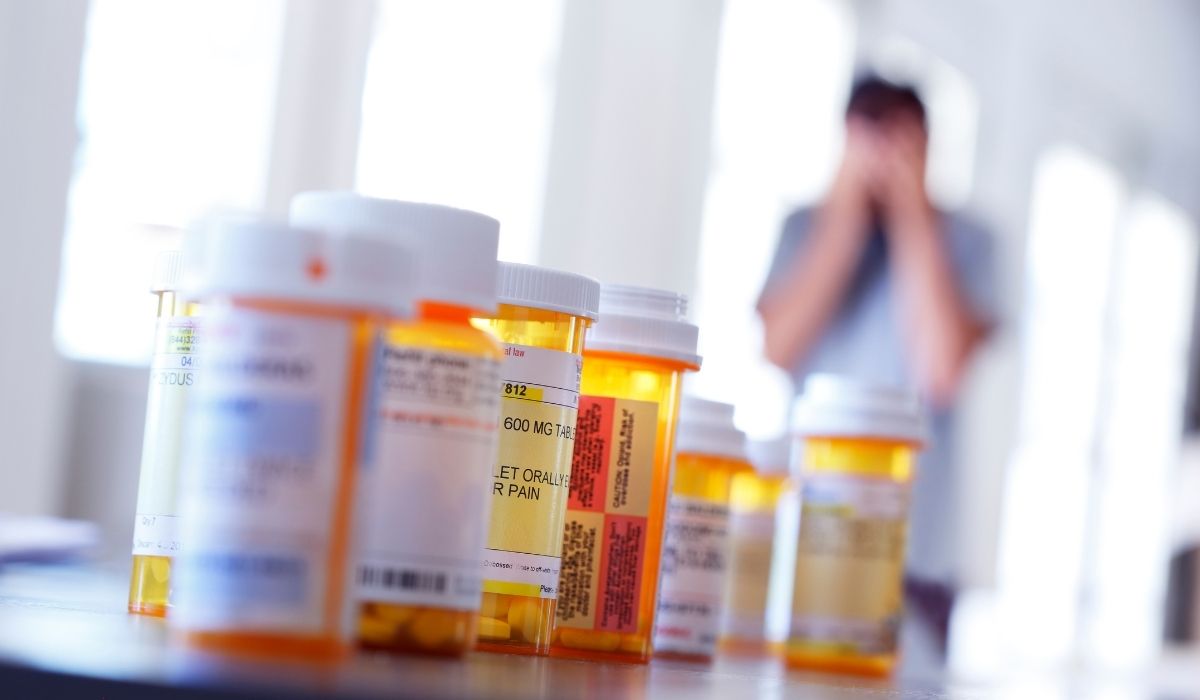Does Adderall Help with Anxiety?
Anxiety is when your brain feels full of worry, fear, or panic. You might have racing thoughts, feel tight in your chest, or get a headache or stomachache. Some people feel like they can’t breathe or feel weak and dizzy. This is part of a mental health condition called an anxiety disorder.
You might wonder if a medicine like Adderall can help. Let’s talk about what Adderall is, how it works in the brain, and if it really helps with anxiety.

What Is Adderall?
Adderall is a stimulant. That means it speeds up your central nervous system. It’s made of two chemicals: amphetamine and dextroamphetamine.
Doctors usually give Adderall to people who have attention deficit hyperactivity disorder (ADHD). This is a mental disorder where people have trouble paying attention, staying still, or stopping impulsive behavior.
Adderall can also be used to treat narcolepsy, a sleep disorder.
How Adderall Works in the Brain
Adderall helps the brain by changing how some neurotransmitters work. Neurotransmitters are tiny chemicals in your brain. They help with mood, focus, and energy.
Here are some neurotransmitters that Adderall affects:
-
Dopamine – helps with feelings of reward and pleasure.
-
Norepinephrine – helps with attention, alertness, and arousal.
These chemicals work together in your nervous system to keep your brain and body active. That’s why people with ADHD may feel calmer and more focused after taking Adderall.

What Is Anxiety?
Anxiety is more than just stress. It’s a mental health disorder that can make everyday life hard. Some common types of anxiety include:
-
Generalized anxiety disorder
-
Panic disorder
-
Social anxiety disorder
-
Panic attacks
People with anxiety often feel tired, worried, dizzy, or get muscle tension, shortness of breath, or racing thoughts. It may affect sleep, eating, and how you feel in your body and mind.
Can Adderall Help with Anxiety?
Now the big question: Does Adderall help with anxiety?
The answer is no — Adderall is not made to treat anxiety.
In fact, for many people, Adderall can make anxiety worse. Since it is a stimulant, it raises your heart rate and blood pressure. This can lead to:
-
Irritability
-
Restlessness
-
Paranoia
-
Insomnia
-
Panic attacks
For people already dealing with anxiety or major depressive disorder, these effects may cause more harm than good. Adderall may increase nervousness, impulsivity, and make it harder to calm down.
Why Do Some People Think It Helps?
Some people with ADHD and anxiety feel better after taking Adderall. That’s because it helps them focus, which can reduce stress. This is called dual diagnosis, when a person has both ADHD and anxiety.
But treating one condition doesn’t always help the other. That’s why it’s important to talk to a mental health professional.
What Medications Really Help with Anxiety?
Doctors usually treat anxiety with a different kind of medicine than Adderall. These drugs include:
Selective serotonin reuptake inhibitors (SSRIs)
These raise serotonin, a brain chemical that helps with mood and calm feelings.
-
Sertraline
-
Escitalopram
-
Fluoxetine
Serotonin-norepinephrine reuptake inhibitors (SNRIs)
These affect both serotonin and norepinephrine.
-
Venlafaxine
-
Duloxetine
Benzodiazepines
These help people calm down fast but can be addictive.
-
Alprazolam
-
Lorazepam
Other options include bupropion, atomoxetine, viloxazine, guanfacine, modafinil, and even monoamine oxidase inhibitors (MAOIs) like phenelzine, though they are rarely used.
Always ask a health professional before starting any medication.
Dangers of Using Adderall for Anxiety
Adderall can be addictive. People may take more than their dose or mix it with alcohol, which is dangerous. It can lead to:
-
Substance abuse
-
Addictive behavior
-
Prescription drug addiction
-
Relapse
-
Heart problems
-
Mental disorder symptoms like paranoia or schizophrenia
-
Trouble sleeping, weakness, or even vomiting
It can also hurt people with other conditions like bipolar disorder, schizoaffective disorder, or borderline personality disorder.
Adderall misuse affects the reward system in the brain, leading to addiction.
Healthy Ways to Manage Anxiety
You don’t always need medicine to treat anxiety. Here are some healthy ways to feel better:
1. Therapy
Talking to a psychiatry or mental health professional can really help. Some kinds of therapy are:
-
Cognitive behavioral therapy (CBT)
-
Exposure therapy
-
Mindfulness-based therapy
2. Lifestyle Changes
Good health starts with how you live. Try:
-
Regular physical activity
-
A healthy diet guided by a dietitian
-
Better sleep habits to support your circadian rhythm
-
Staying away from caffeine, alcohol, and opioids
-
Meditation and breathing exercises
-
Spending time with loved ones
3. Mental Health Support Groups
Groups like the Anxiety and Depression Association of America offer support and education for people with anxiety and other mental health disorders.
Side Effects of Adderall to Know
Adderall has many side effects, especially if misused or taken without a doctor’s advice. They include:
-
Dizziness
-
Headache
-
Constipation
-
Dry mouth
-
Stomach pain
-
Weight loss
-
Sleep deprivation
-
High blood pressure
-
Mood swings
-
Aggression
-
Muscle tension
-
Migraine
-
Energy crashes
If you are a patient with anxiety, this drug may increase feelings of panic, fear, and worry — not lessen them.
Insurance and Mental Health Care
Most insurance plans help cover mental health care, including therapy, medications, and doctor visits. Talk to your provider or health care team to find out what is covered and get the help you need.
Talk to a Mental Health Professional
Whether you’re dealing with anxiety, ADHD, or both, don’t guess about your treatment. Every brain is different. What works for one person may not help another.
Seeing a psychiatrist or mental health expert helps you understand your condition. They will look at your behavior, cognition, and feelings before deciding what medicine or therapy will help.

Seeking Treatment? We Can Help!
We work with PPO Out of Network Health Insurance Policies
If you or a loved one are struggling with mental health challenges or substance abuse, reach out to Mountain Sky Recovery today. Our team of compassionate professionals is here to support your journey towards lasting well-being. Give us a call at 951-498-5412. Visit SAMHSA for more information.



